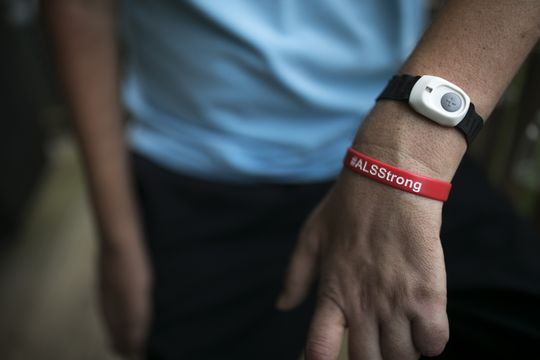by David Wainer at archive.is
ALS, also known as Lou Gehrig’s disease, is a devastating disease: It gradually robs patients of all movement, eventually killing them. The best drugs out there extend patients’ lives by mere months at most.
So despite the controversial Food and Drug Administration decision to approve
Relyvrio in 2022, many were rooting for the drug to work in a late-stage study. While questions were raised back then about whether there was enough evidence to justify an early approval, there was reason to be hopeful that Relyvrio would show positive signals in a larger study.
Investors were giving the company decent odds of success. Analysts on FactSet expected the drug’s annual sales to go from $381 million last year to nearly $1 billion by the end of the decade, which would make it a blockbuster.
Unfortunately, the worst possible thing happened on Friday for the company, patients and investors. Amylyx announced that the drug failed to slow the progression of the disease in a study of 664 ALS patients. The company reported that its drug made no significant difference versus a placebo in terms of helping patients perform daily-living tasks such as walking and breathing. “I think what this speaks to is: One, ALS is a really tough disease and two, it’s heterogeneous and there’s a lot we still have to learn,” Joshua Cohen, co-chief executive and co-founder of the company, said in a call with analysts on Friday. “As hard as this is for us, I can’t even imagine what it must be like for the ALS community, especially people living with ALS and their families.”

